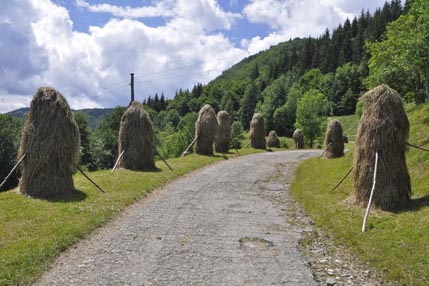
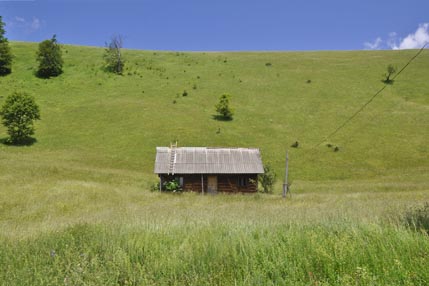
Crossing the Ukrainian border three weeks ago, I stepped back half a century. The European Union suddenly seemed far away. People lived more simply, with a closer connection to the land.


In the countryside, traditional ways of doing things are usually considered best. (Click any photo to enlarge.)
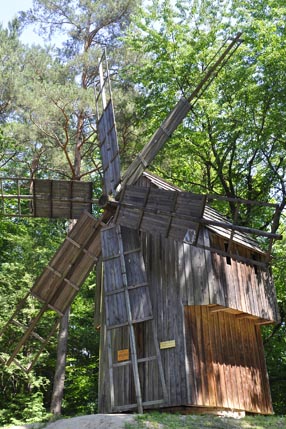
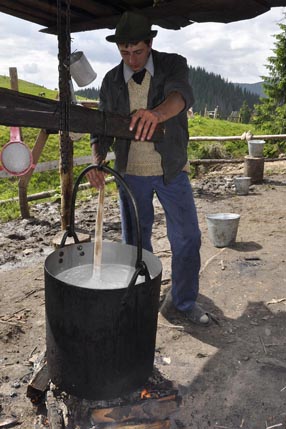
I’ve an inkling that this sense of history and land will impress me more and more when I reach the vast wheatfields to the east. But first I’m making a wide loop through western Ukraine, starting in the fabulous city of Lviv.
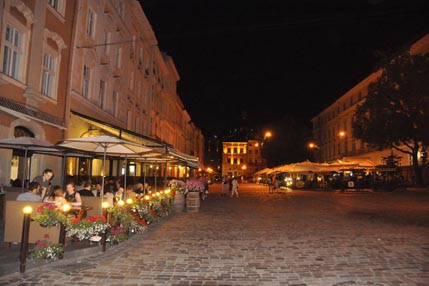
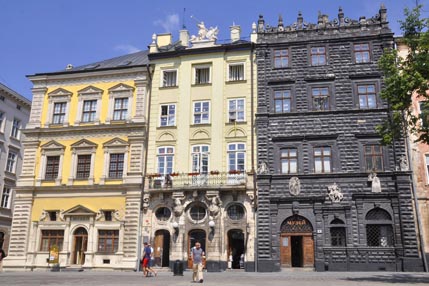
Originally a Polish settlement, Lviv later enjoyed a golden age under Austrian rule, before suffering German and Soviet invasions in the 20th Century. Strolling in the car-free and tourist-free centre was a history lesson and great fun.
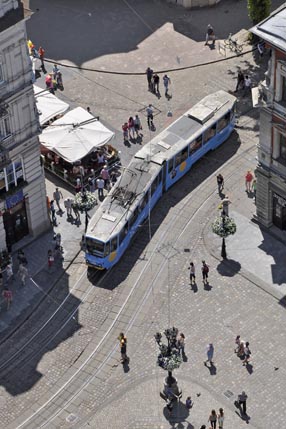
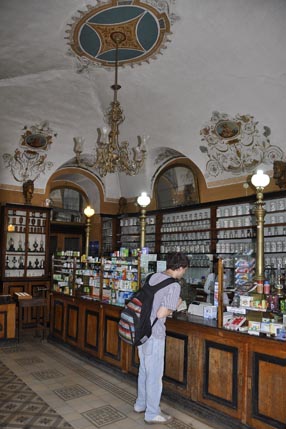
On the main square, I poked my nose into a corner shop and found a complete 200-year-old pharmacy, selling remedies from three centuries. The arsenic and heroin were kept discreetly on a hidden shelf.
Perhaps not surprisingly, Lviv people have always looked firmly to the West. Several of them played key roles in the Orange and Euromaidan revolutions. European influences are everywhere, and on a warm summer evening I found an excellent acoustic band entertaining some adoring fans. I think these boys will go far!
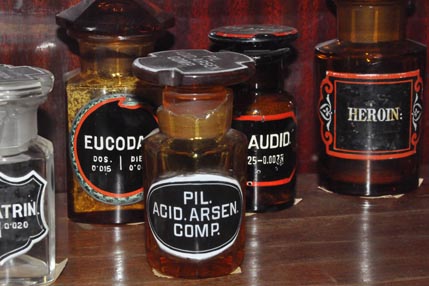
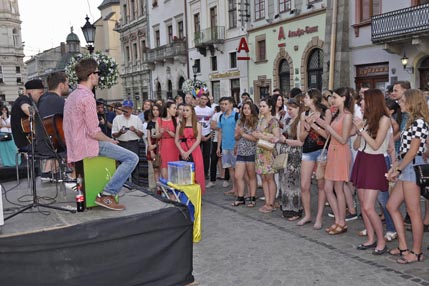
But politics are never far away, and after leaving the performance I came across a macabre smashed-up vehicle placed prominently at a crossroads. It had been the target of a bomb near the Russian border. Passers-by were clearly shocked, though of course attacks like this are nothing new. Less than a mile from the city centre, a similar thing happened during the dark days of 1941.
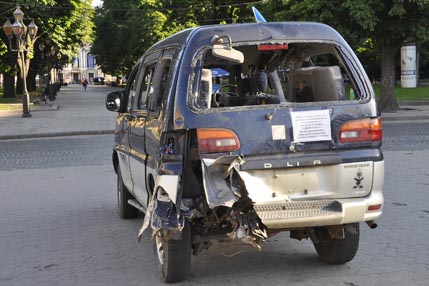
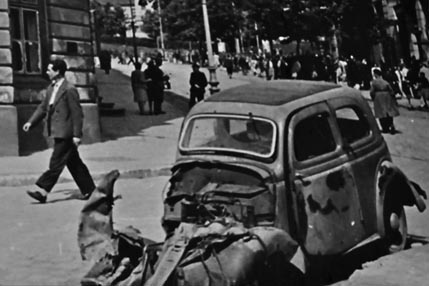
Then it was on to Chernivtsi, home to a leading Ukrainian university housed in an amazing building. Postgraduate student Halia Marhenko generously showed me round.
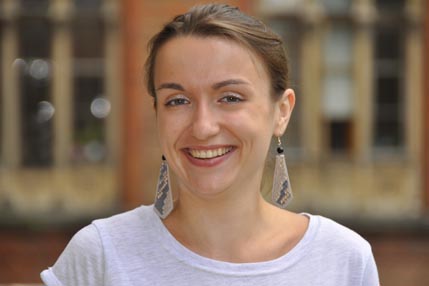
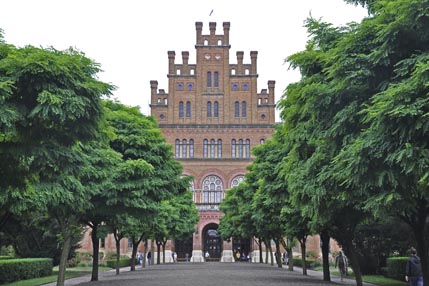
To my astonishment she got hold of the keys to the famous Marble Hall – which although not original puts Cambridge’s Senate House to shame. Afterwards we talked about Crimea. “I think perhaps we’ll recover it in about ten years’ time,” she said.
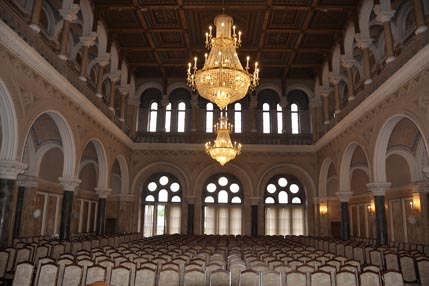
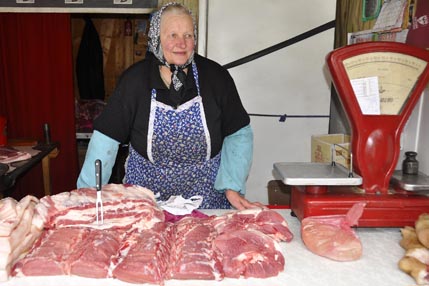
My impressions of Ukraine have been of incredibly warm-hearted people, serious at times, who’ve suffered great hardships but certainly know how to survive.
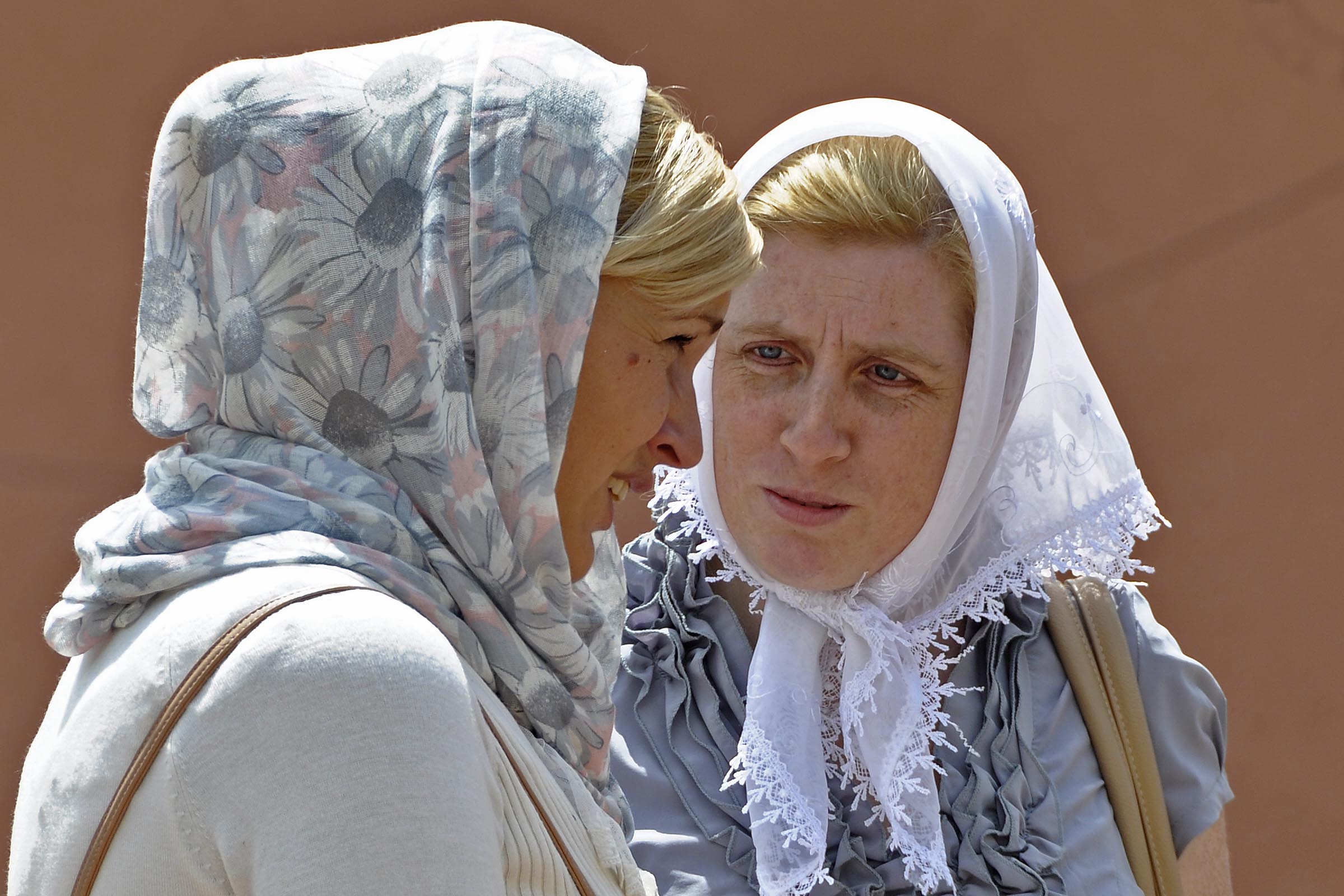
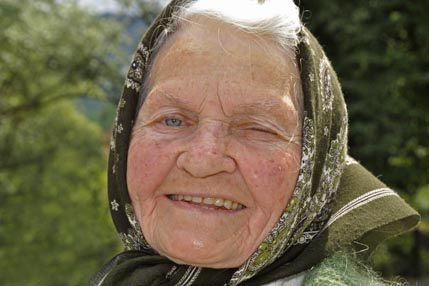
The Moldavian fortress at Khotyn on the Dniester river gives a clue to the country’s violent past.
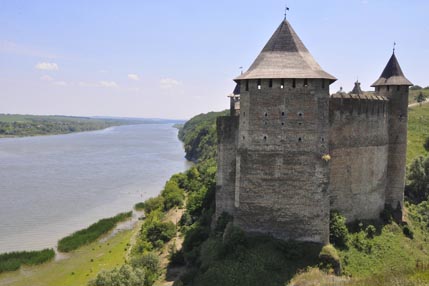
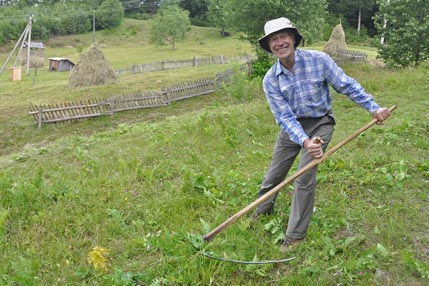
Tomorrow I’ll reach Romania, then turn east through Moldova and Transnistria towards Odessa and Kyiv. Meanwhile I can see a career as a Ukrainian farmer.
